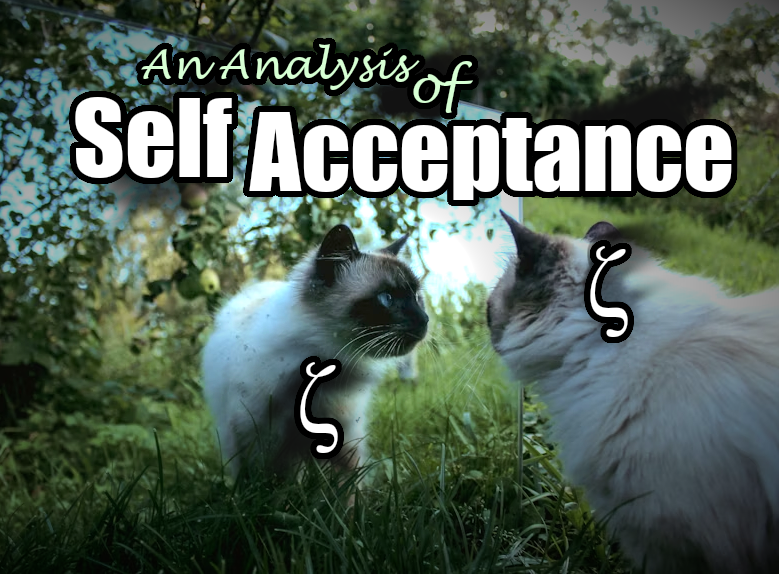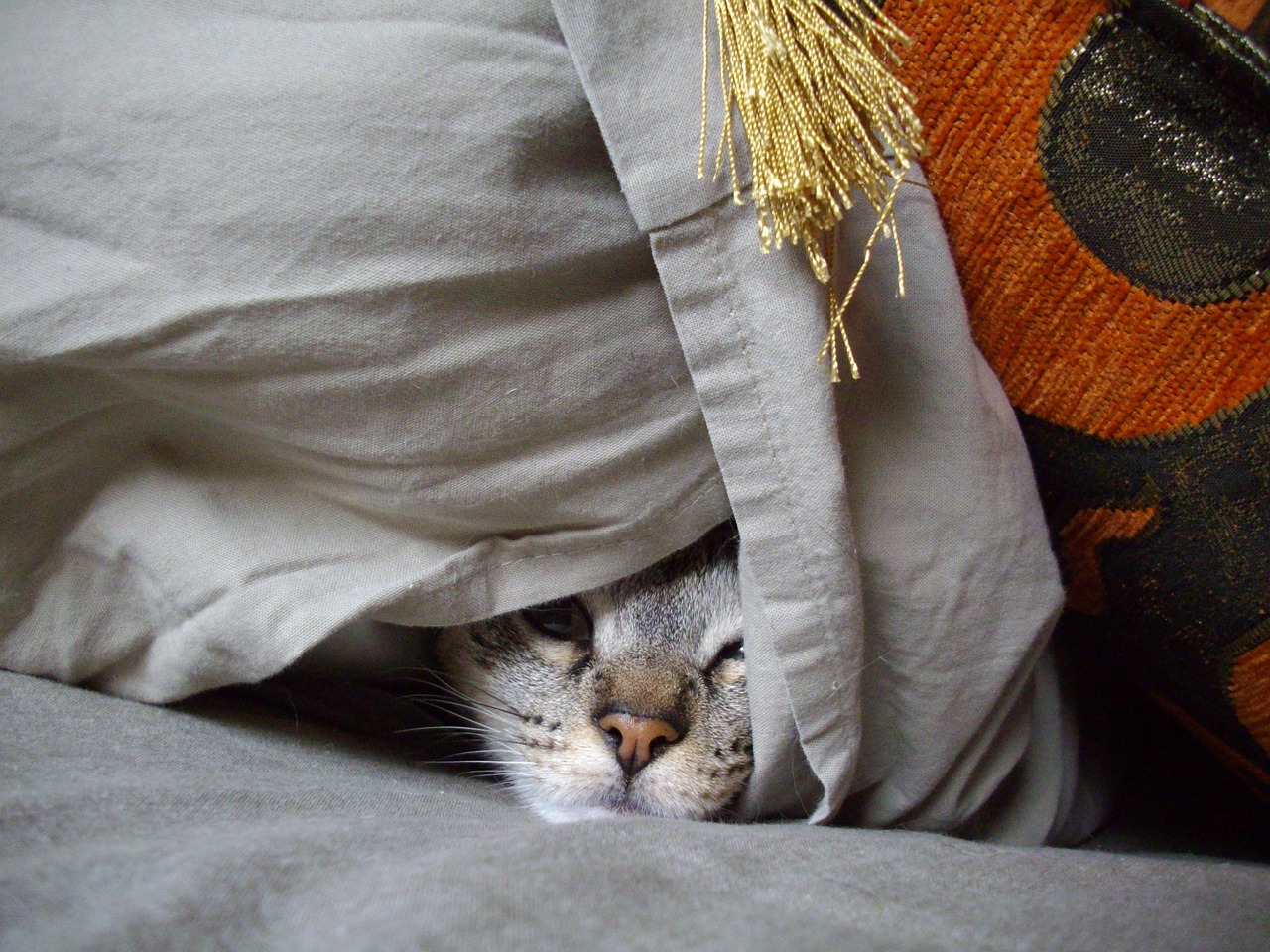An Analysis of Self Acceptance

Self acceptance is important ifficult but important. Self acceptance is defined by, “an individual's acceptance of all of his/her attributes, positive or negative” (Morgado). Self acceptance is paramount to how an individual navigates the world. However, self acceptance does not always come easily. Talking about your struggles or even your accomplishments for that matter, acknowledging them, reconciling with them, is a skill to be developed, it is not inherent to all.
Yet, this skill, this ability to self accept, is incredibly important. In Self-esteem and self-acceptance: an examination into their relationship and their effect on psychological health, “Self-acceptance appeared to be more closely associated with general psychological well-being…” Further, An evaluation of self-acceptance in adults finds that, “Contemporary research on individual differences in unconditional self-acceptance indicates that low unconditional self- acceptance is detrimental to well-being and, in some cases, could lead to mental health issues and mental disorders.” Self acceptance is, therefore, foundational to one’s own mental health.
A large portion of self acceptance comes in turn with how one views and feels about themself, and how one views and feels about themself is linked to an ability to accept oneself. As stated in A Sociological Approach to Self and Identity, “The self influences society through the actions of individuals… And, reciprocally, society influences the self through its shared language and meanings that enable a person to take the role of the other, engage in social interaction, and reflect upon oneself as an object.” However, one’s view of themself is not always accurate or fair, and can often be hyper critical. Society, the world at large, is constantly sending messages about what is desirable, repulsive, right, wrong, moral, and immoral. Humans are raised and reared with these messages in mind and, together with one’s innate personality, nurture vs nature, these messages shape how one exists and lives amongst themself and their peers. If someoe is surrounded with messages telling you that you are one way, it is that they would start to believe the messages and see themself as being that way.
For minorities especially, navigating the world can be exceptionally difficult. Societal views, norms, and even laws can often make life difficult for minority groups. These factors can in turn shape how minorities view themselves and the world around them. Minorities are often taught that they are bad, wrong, or evil. They are displaced, disillusioned, erased, or ignored. This can cause undue stress, depression anxiety, and even suicidal ideation. Within the queer community alone it is estimated, “more than 1.8 million LGBTQ+ young people (ages 13-24) seriously consider suicide each year in the U.S…” (Facts about Suicide among LGBTQ+ Young People). While many factors play into this, self acceptance is undoubtedly one of them. Queer minorities are often taught, directly or indirectly, to suppress themselves, try to change themselves, hide away for fear of social rejection, isolation, or worse.
Zoosexuals are unquestionably one of these queer minorities. While zoo acceptance is likely higher than might seem at first glance, zoos are still put down and blacklisted in many parts of society. While there are more outspoken and vocal zoos each day, many still have yet to find their voice, are still living in a shadow cast by society, a shadow that seeks to suffocate the pride of the individual. Many zoos leave the community as a result of this and some even leave this world.
To survive, to thrive, zoos need to accept themselves, need to be proud of themselves. It might not be possible or feasible to come out to everyone, or even anyone, but it is important to come out to yourself. It is important to allow yourself to be yourself, to love yourself for who you are. Without self acceptance zoos, like everyone else, suffer.
Article written by DemonDog (June 2025)
Find DemonDog at https://twitter.com/doggydaemons
Find ZDP on Telegram at https://t.me/zooeydotpub
Find the ZDP RSS feed link in our footer any time you're on the website! That url for anyone interested is https://zooeydotpub.zdu.se/feed.xml
Article written by DemonDog (June 2025)
Find DemonDog at https://twitter.com/doggydaemons
Find ZDP on Telegram at https://t.me/zooeydotpub
Find the ZDP RSS feed link in our footer any time you're on the website! That url for anyone interested is https://zooeydotpub.zdu.se/feed.xml
Works Cited:
Burke, Peter J, and Jan E Stets. (PDF) a Sociological Approach to Self and Identity, www.researchgate.net/publication/252385317_A_Sociological_Approach_to_Self_and_Identity. Accessed 20 May 2025.
“Facts about Suicide among LGBTQ+ Young People.” The Trevor Project, 5 Feb. 2025, www.thetrevorproject.org/resources/article/facts-about-lgbtq-youth-suicide/.
MacInnes DL. Self-esteem and self-acceptance: an examination into their relationship and their effect on psychological health. J Psychiatr Ment Health Nurs. 2006 Oct;13(5):483-9. doi: 10.1111/j.1365-2850.2006.00959.x. PMID: 16965465.
Morgado FF, Campana AN, Tavares Mda C. Development and validation of the self-acceptance scale for persons with early blindness: the SAS-EB. PLoS One. 2014 Sep 30;9(9):e106848. doi: 10.1371/journal.pone.0106848. PMID: 25268633; PMCID: PMC4182093.
Vasile, Cristian. An Evaluation of Self-acceptance in Adults, Social and Behavioral Sciences, 2013 https://www.sciencedirect.com/science/article/pii/S1877042813009294?ref=cra_js_challenge&fr=RR-1




